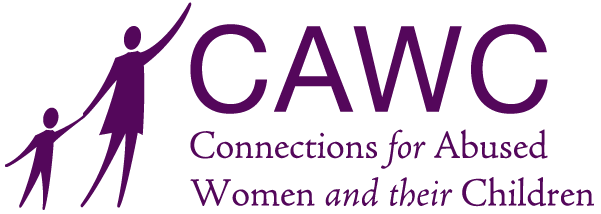If you’re experiencing spouse abuse from your husband or wife, there are a wide variety of ways to get help. A simple hotline call or website can offer assistance with things like:
- • Understanding the warning signs of abuse
- • Planning for emergencies
- • Finding shelter
- • Accessing resources for undocumented survivors
- • Getting help with child custody issues and other legal matters
- • Identifying strategies for financial protection and security
- • Coping with the psychological effects of domestic abuse
Here are some of the most essential types of resources for protecting yourself against marital abuse. Although the list isn’t comprehensive, remember that any organization that serves you in one capacity can likely connect you with other necessary services as well.
Safety Plans
If you are currently in a relationship with an abusive spouse, the first resource you need is a safety plan for when abusive incidents occur or are about to occur. Start thinking about safe places you can escape to, either in your home or away from it. Plan ahead in the following ways:
- • Communicate with neighbors, family, or friends about how they can help you in an emergency; memorize essential phone numbers
- • Consider purchasing essential tools, such as a burner phone, and keeping personal items and cash at the home of a person you trust in case you need to escape
Shelters and Programs
If you need a safe place to go or general help with protecting yourself from your abusive spouse, reach out to a domestic abuse shelter or program. These are available at local, state, and national levels. If you don’t know where to start, use a national shelter and program search tool to help you find the resources likely to offer the best fit near you. Some of these focus on specific groups, and some can even offer a safe space for your pets.
Legal Protection
It’s essential to understand your legal rights with regard to protecting yourself as well as your children, pets, finances, and possessions. Don’t get overwhelmed—get advice from legal experts who specialize in domestic abuse. Start with this list to get your questions answered and explore your options.
Mental Wellness
All forms of domestic abuse can put you at an increased risk of developing a serious mental illness. Seek out a therapist or mental health center that can help you to psychologically process your experiences in healthy ways and recover from them. If you have children, this can empower you and them to be your strongest and best selves as you navigate toward a better future.
Reclaim Your Well-Being With Connections for Abused Women
At Connections for Abused Women and Their Children (CAWC), we believe that everyone has a right to a life free of violence. Our mission to end domestic violence is rooted in education, service, and advocacy. In addition to working toward broader social change, we provide empowerment-based and trauma-informed support in the form of shelter, counseling, and advocacy to individuals affected by domestic violence and their children. If you or someone you know is struggling with domestic violence, don’t hesitate to call our 24-hour hotline at (773) 278-4566.
